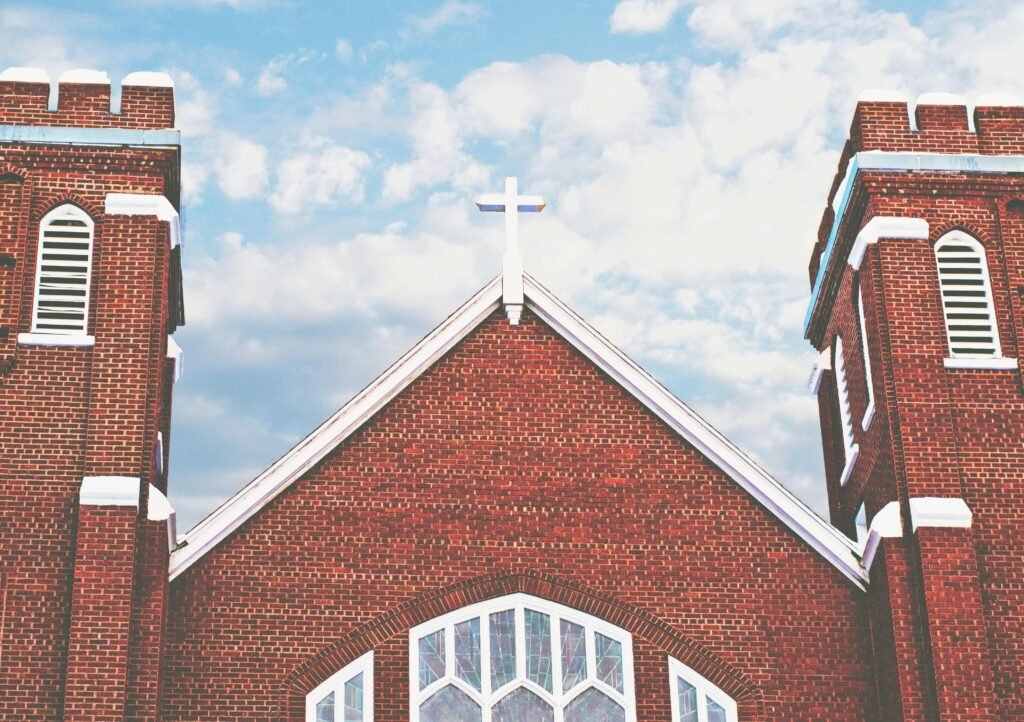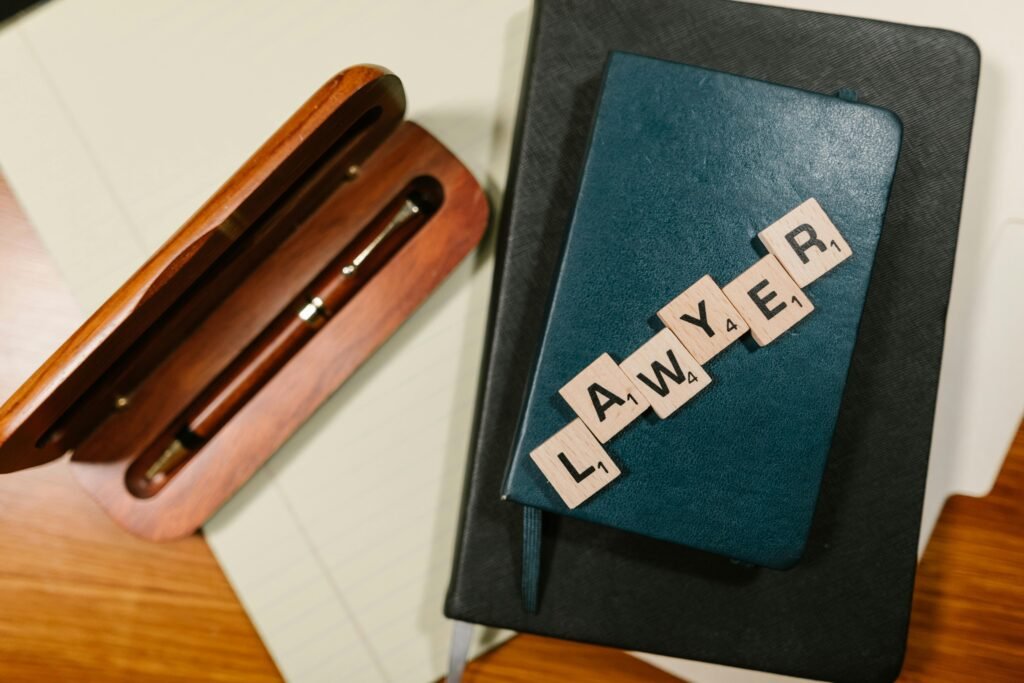To start making our case for improved investigation capabilities in boarding schools, let’s start with this: ‘I felt like a detective more than a Head of School!’ I read this comment recently from a leader departing from a prestigious boarding school. He was referring to the increased demands placed on him to investigate serious incidents within his school. I know his experience will resonate with many because he highlights an emerging risk in boarding schools around the world. The demands schools place on their own staff to lead investigations is an area of concern. Having untrained staff carry out investigations is risking unjust outcomes for staff and students, jeopardising student safety, and increasingly resulting in litigation and reputational loss. In this article we will consider when an investigation is necessary, define what a good investigation looks like, clarify the problem, and identify the solution.

This calls for an investigation
Some of the events demanding investigation are obvious. Every time there’s an incident of bullying, harassment, or violence, there’s an expectation that you’ll do everything you can to find the facts and take disciplinary measures that are just. If you suspect drug or alcohol abuse, you must accurately assess the extent of the problem so that you can respond appropriately. Theft and vandalism call for an investigation to hold those responsible accountable and implement prevention measures.
Perhaps the most serious of all are allegations of sexual misconduct. The recent Commissions in Australia and New Zealand have made it clear that educational institutions will be held far more accountable for their responses to allegations of this nature. The Australian Commission directed that ‘Institutions should make every effort to investigate complaints of child sexual abuse’ with the investigation being carried out by an ‘impartial, objective and trained investigator’.
What does an improved investigation look like?
A high-quality investigation is thoroughly documented – from the initial investigation plan to the final investigation report. An investigator needs to be able to make snap risk assessments, quickly deciding whether an allegation can be sidelined or needs to be escalated, whether it can be handled in-house or requires an independent investigator. They must be able to correctly handle confidential disclosures in sensitive matters. There needs to be an awareness of all the forms of cognitive bias that inevitably seep into every investigation and how to minimise their effects.
Crucially, you need to know how to interview in a way that will maximise the chances of getting to the truth. Real interviewing is not what you see on Netflix where the interviewer asks half a dozen direct questions and elicits an account in under two minutes. Best practice places the interviewee at the centre of the process and involves time, patience, and an awareness of how the human brain operates. An effective interviewer understands the fragility of memory and how easily it’s contaminated during retrieval. They’re proficient in the art of actively listening while simultaneously formulating a line of questioning that will elicit a reliable account. In some cases, they need to know how to detect dishonesty and challenge it effectively, but with empathy.
The problem with investigations today
Boarding school staff are generally given no specific investigation training, despite the fact many are being asked to deal with major incidents in the lives of the students in their care. Sometimes investigations into student behaviour even morph into allegations against staff, further complicating matters. All these investigations are subject to intense scrutiny.
Boarding schools will keep appearing in mainstream and social media. There’s no story than one about a school ignoring a culture of bullying or botching an investigation. In the words of Will Rogers, ‘It takes a lifetime to build a good reputation, but you can lose it in a minute’.
Schools will continue to face litigation over the way in which they have handled disciplinary investigations. Or over allegations that they have failed to investigate at all. In recent years the costs sought are of eye-watering proportions, a trend unlikely to be reversed.

Parents understandably demand high standards from your investigations. They entrust their children to your care. They expect you to keep them safe and secure in every way.
The solution to improve investigations
So, how do we ensure our investigations can survive being placed under the microscope? I think the answer is simple. Take international best practice in investigations and apply the same principles to the boarding school context. That’s what we’re doing at Basalt Solutions. We utilise our unique combination of experiences in education and investigation leadership to provide professional development and ongoing support to anyone who’s serious about lifting their capabilities in this area. For situations that can’t be handled in-house, we also provide an independent investigation service which can even be delivered remotely.
Equipping your school to handle every situation with professionalism and in a manner that adheres to legal principles goes a long way to minimising reputational risk and increasing public trust in your institution. Empowering staff with advanced investigation skills is a tangible demonstration of your commitment to student safety. It’s time to redefine what investigation looks like in boarding schools. It’s time for change.
